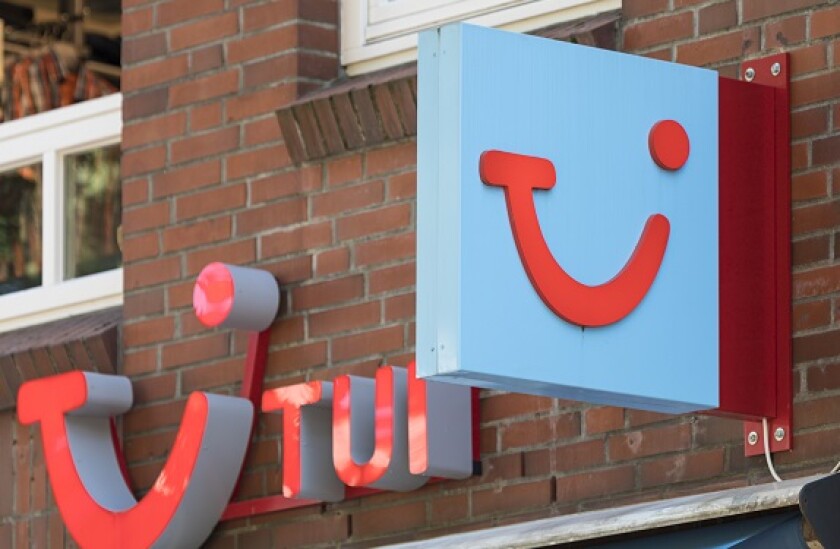Tui starts long road to deleveraging with third bailout

Travel company Tui announced its third bailout package since March on Wednesday, adding a substantial equity cheque to more state-backed debt, as troubled companies shift their focus from emergency cash to stable capital structures. A sharp rally in the company’s shares helped firm up the rescue package, but some questioned whether the new money will be enough.
Unlock this article.
The content you are trying to view is exclusive to our subscribers.
To unlock this article:
- ✔ 4,000 annual insights
- ✔ 700+ notes and long-form analyses
- ✔ 4 capital markets databases
- ✔ Daily newsletters across markets and asset classes
- ✔ 2 weekly podcasts
